Team Players
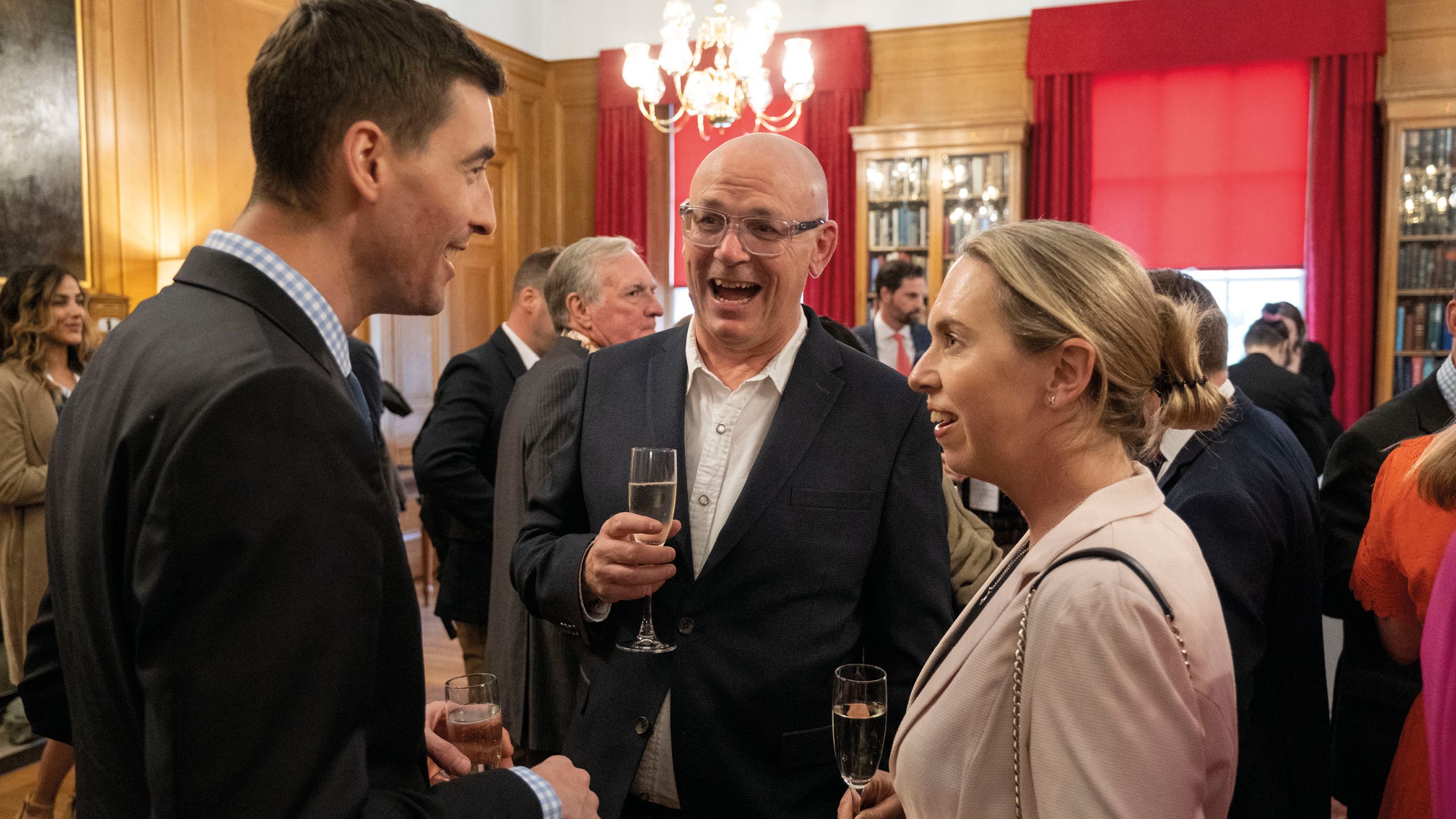
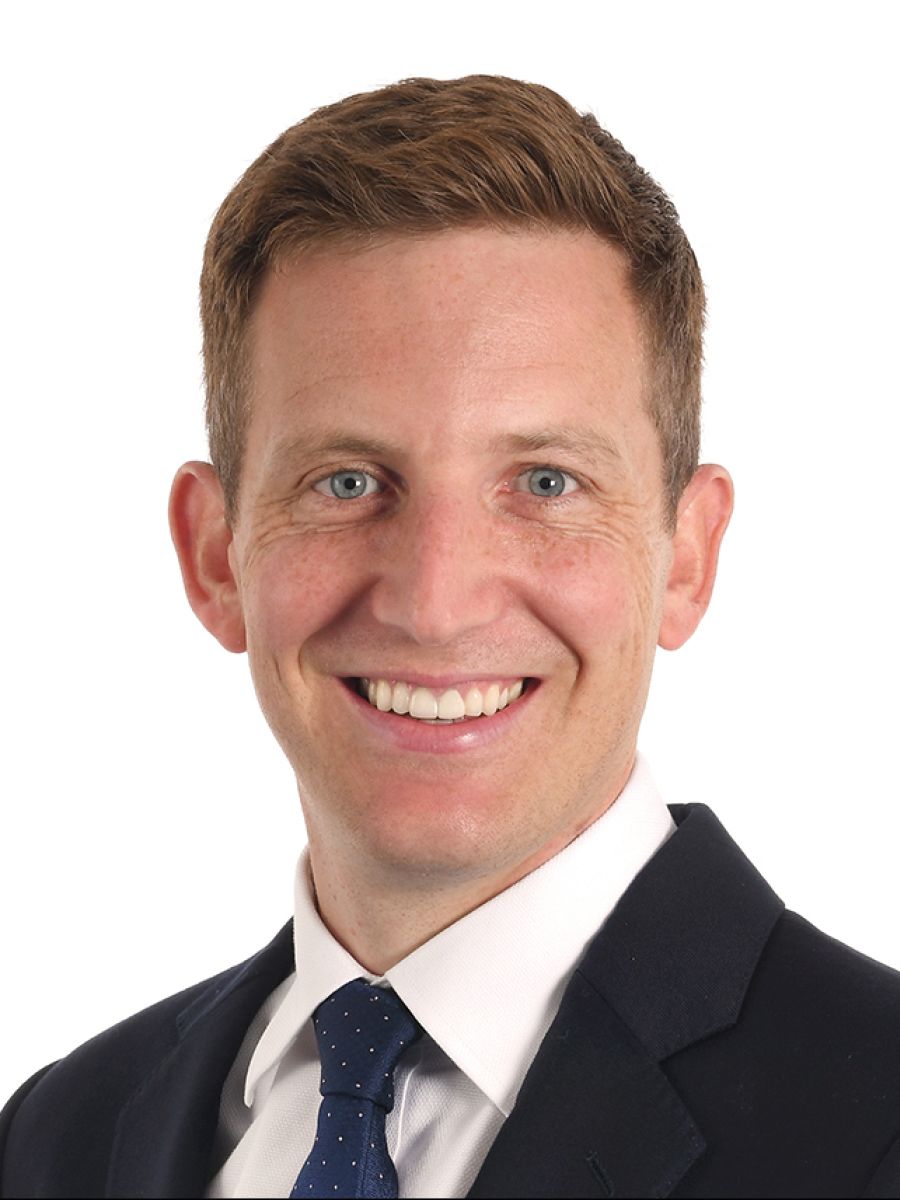
Iain Murray: Consultant Orthopaedic Surgeon, Royal Infirmary of Edinburgh
Iain Murray: Consultant Orthopaedic Surgeon, Royal Infirmary of Edinburgh
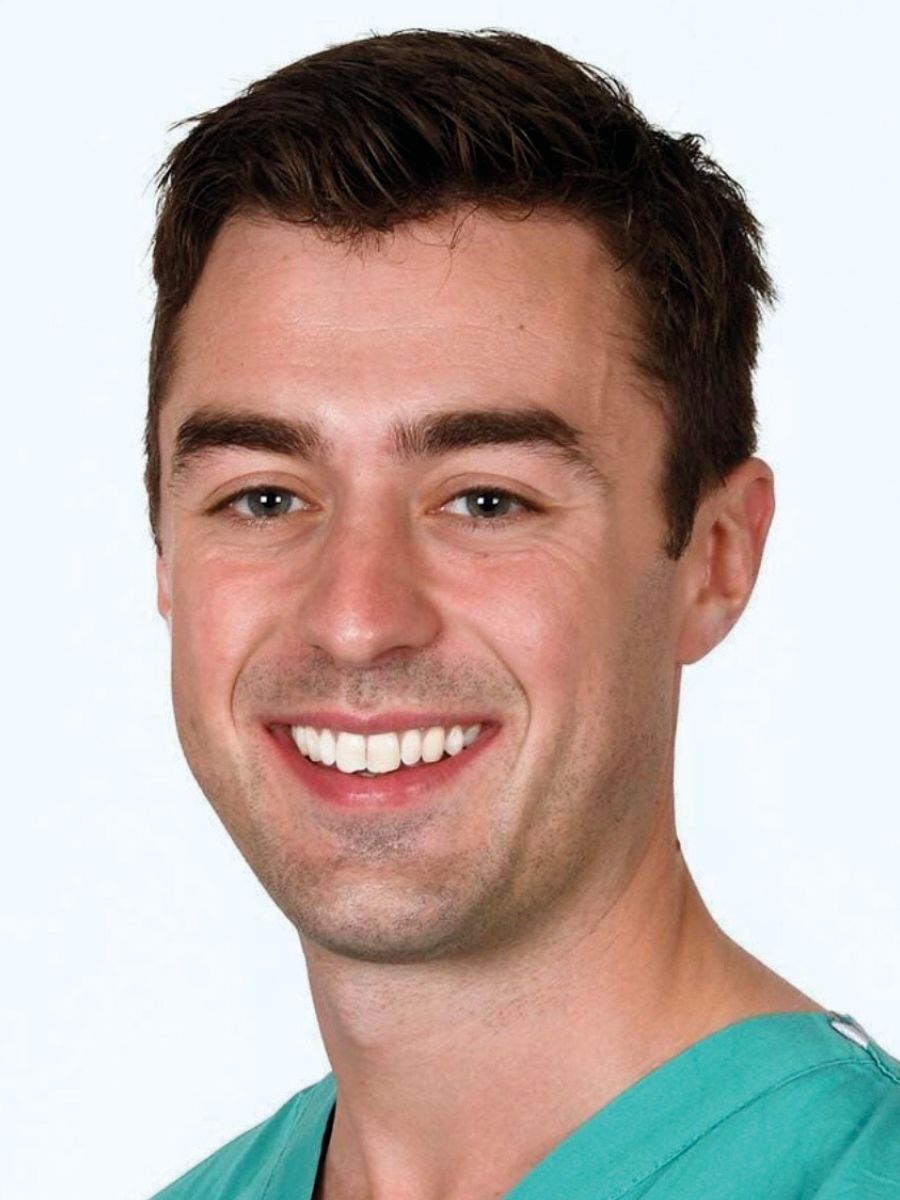
Patrick Robinson: Orthopaedic Surgery Registrar, Royal Infirmary of Edinburgh
Patrick Robinson: Orthopaedic Surgery Registrar, Royal Infirmary of Edinburgh
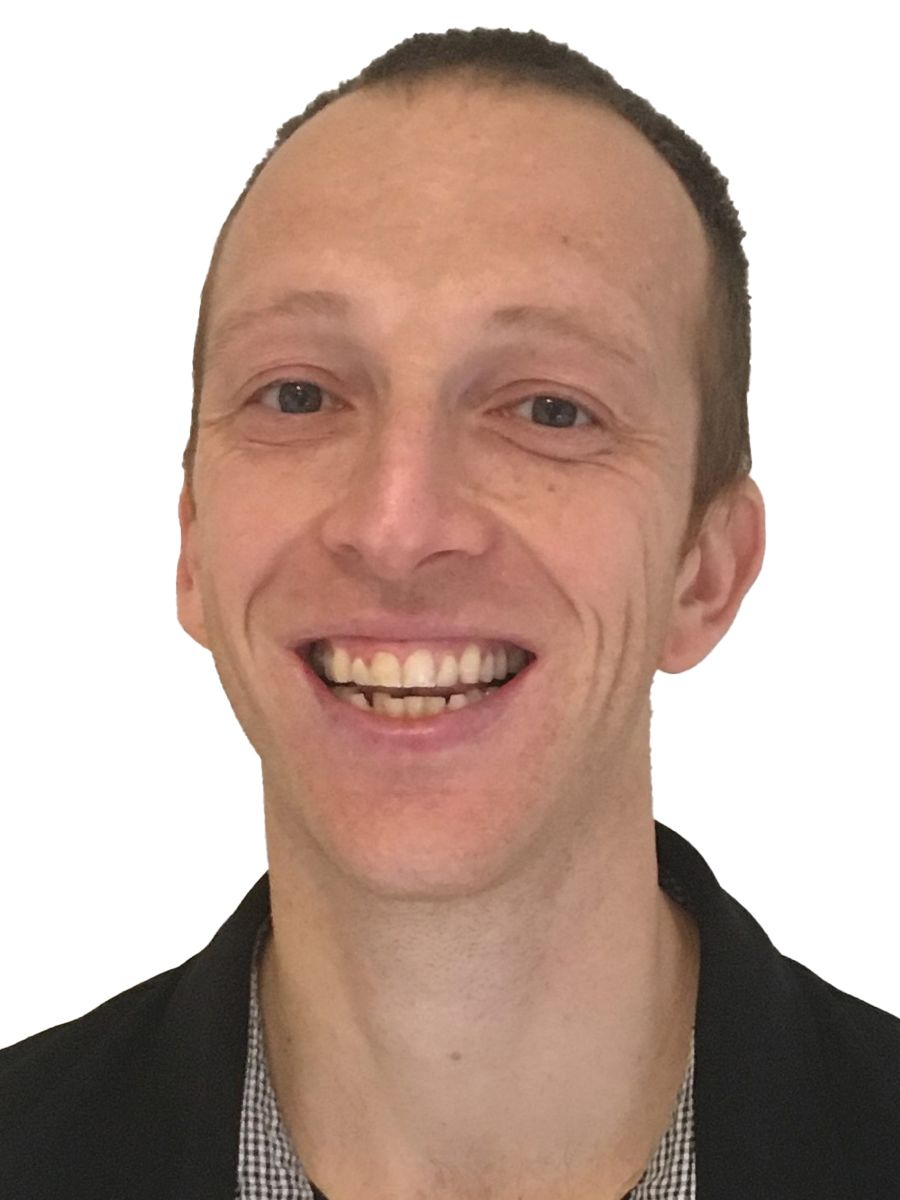
Andrew Murray: Consultant, Sports & Exercise Medicine, DP World Tour Golf
Andrew Murray: Consultant, Sports & Exercise Medicine, DP World Tour Golf
On the 1 and 2 June, the RCSEd hosted the inaugural Edinburgh Orthopaedic & Sports Medicine Conference. Immediately prior to this, the International Olympic Committee (IOC) Diploma in Sports Medicine hosted a one-day event at the College, recognising the newest IOC research centre – a collaboration between the University of Edinburgh and University of Bath.
The conference itself was the brainchild of this article’s authors. The multidisciplinary sports medicine and surgery conference appealed to a variety of healthcare practitioners involved in managing and preventing sporting injuries, with incredibly strong initial feedback from delegates from at least five continents.
The event, which was partnered by RCSEd, Edinburgh Orthopaedics, University of Edinburgh Sport and Exercise Medicine Clinic and the UK Collaborating Centre for Injury and Illness Prevention in Sport, had five key themes: namely, hamstring, shoulder, concussion, knee and hip. More than 200 in-person delegates and almost 100 online delegates attended from backgrounds in orthopaedic surgery, sports medicine, general practice, physiotherapy, sports science and students. Through strong relations in North America, Europe and the Middle East, we were able to attract a truly global faculty with expertise in treating and preventing injuries in the world’s most elite athletes.
Speakers included those who have worked with the IOC, NASA, Fédération Internationale de Football Association (FIFA), International Rugby, National Football League (NFL), Major League Baseball, National Basketball Association (NBA), Sail GP, International Golf, and International Tennis. We were grateful to the array of sponsors who supported the event and would like to give a special mention to Stryker, our platinum sponsors.
Day one
The first day of the conference started bright and early, with Iain Murray welcoming everyone to the College. The morning sessions covered hamstring and shoulder injuries. We had world-renowned speakers such as Enda King (Aspetar Clinic, Qatar), who discussed strategies for rehabilitating injured athletes using his vast clinical and evidence-based experience of such injuries. Marc Safran (Stanford University, US) followed with the management of recurrent injuries. The mid-morning session focused on shoulder injuries. Christopher Dodson (Rothman Orthopaedics, US) opened with on-field assessment of shoulder pathologies and gave us insights into his current role as team doctor for the Philadelphia Eagles (NFL) and the Philadelphia 76ers (NBA). Ruth Delaney (Sports Surgery Clinic, Dublin) and Geoff Abrams (Stanford University, US) followed with talks on first-time shoulder dislocation and managing recurrent dislocations. Joshua Dines (Hospital for Special Surgery, US) spoke about injuries in overhead athletes. Despite his wealth of experience managing baseball players with the NY Mets, he themed his talk around sports more familiar to our UK audience, such as cricket and tennis.
In the afternoon session, Neal Millar (University of Glasgow, UK) and Iain Murray discussed the evidence and role for biologics in managing musculoskeletal pathology. We then moved on to the concussion session. Preventative strategies were discussed by Carolyn Emery (University of Calgary, Canada) while Allen Sills (Chief Medical Officer, NFL) gave us insights into side line detection in one of the most fast-paced and physical sports in the world, American football. James Robson MBE (Scottish Rugby), taking time out from the Scottish Rugby World Cup, spoke in this session about his pioneering work on concussion within recreational and elite rugby in Scotland.
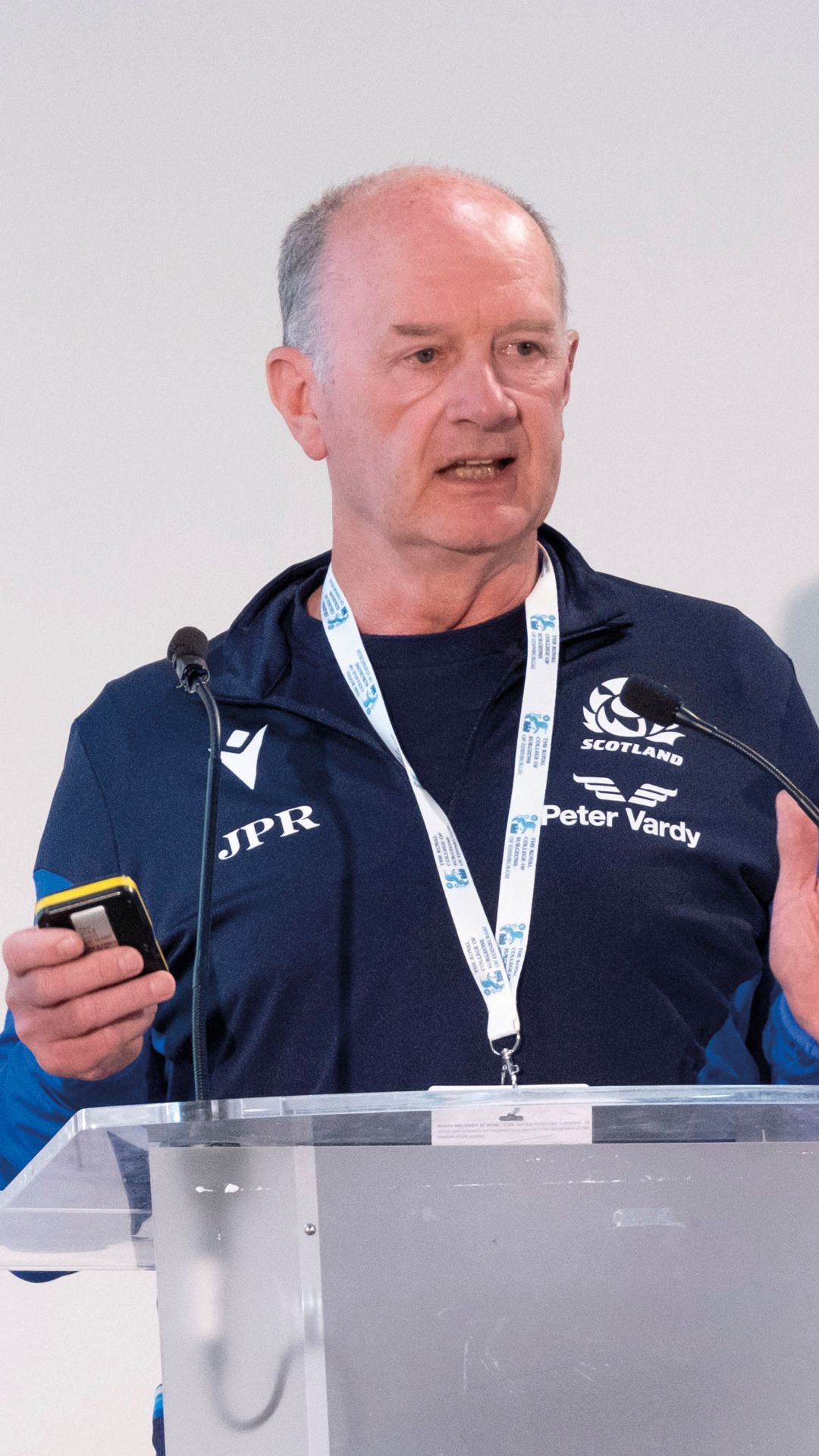
James Robson
James Robson
Our attention then turned to the world of golf, where Andrew Murray (Chief Medical Officer, European Tour) delivered fascinating insights into injuries sustained in recreational and elite golf. It was interesting to hear the demands that elite golf places on players in the current era. This session was concluded by Debbie Palmer (University of Edinburgh, UK) and Lars Engebretsen (International Olympic Committee), who reported their evidence-based and clinical experience of preventing injuries in Olympic athletes.
Delegates and Faculty were invited back to the Playfair building in the evening. After a warm and pitch-perfect address from College President Rowan Parks, a Q&A was hosted by Niall Elliott (Sport Scotland) and Babette Pluim (Royal Netherlands Lawn Tennis Association) with Darcy Graham (Scottish Rugby International) and Sarah Adlington (Commonwealth Games champion, Judo).
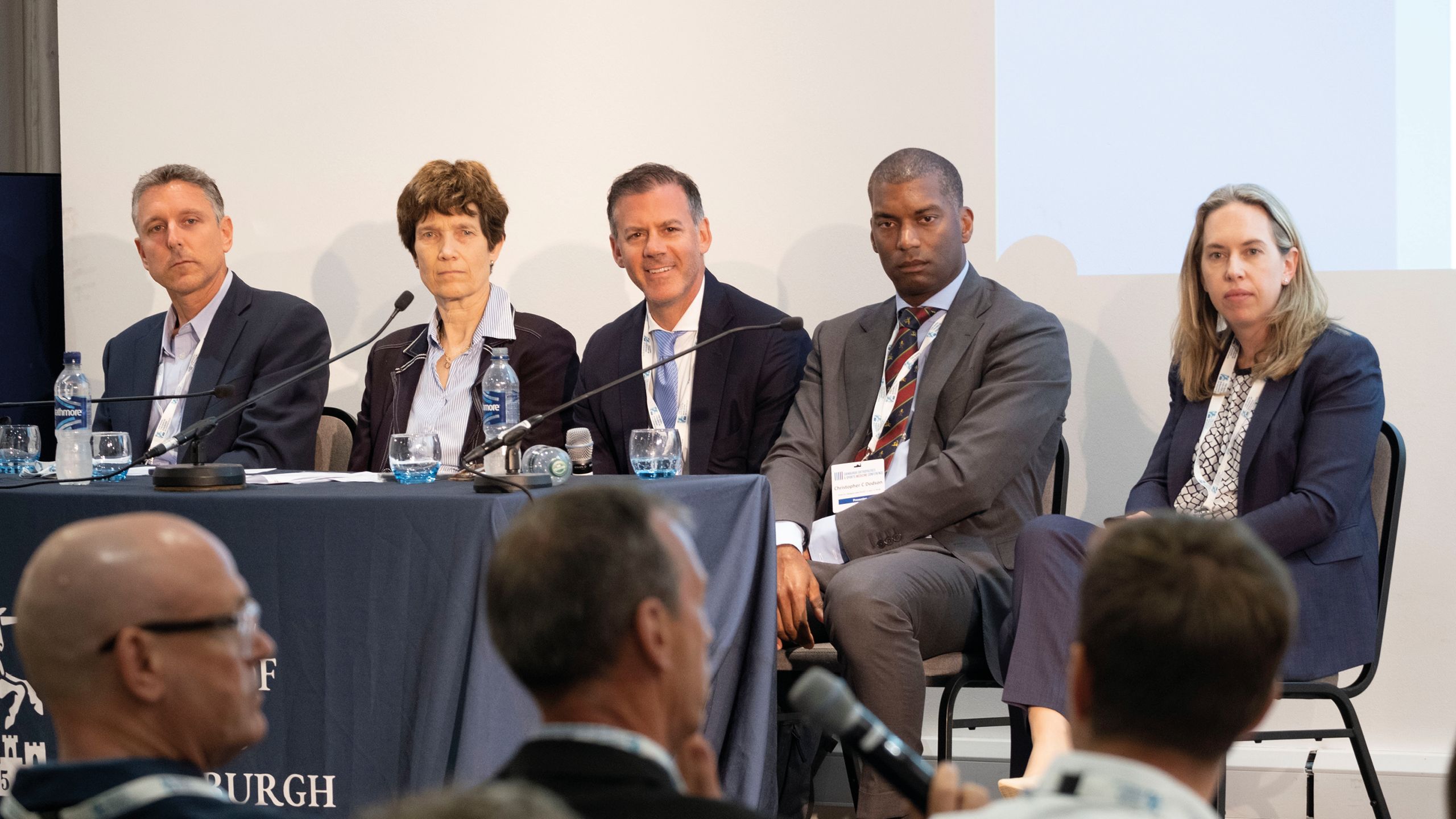
Day two
The second day started with a jam-packed session on knee injuries. This was our largest session given the high prevalence of knee injuries in sport. Local speakers included Andy Williams (Fortius Clinic, UK) and Tim Spalding (Cleveland Clinic London), while our international Faculty included Robert LaPrade (Twin Cities, US). Williams gave us great insights into the management of professional athletes, particularly those in the English Premier League and elite rugby, while LaPrade explained his systematic and iterative approach to exploring a research topic; beginning with anatomy, followed by biomechanics and, finally, clinical outcomes.
The session concluded with a talk, which was out of this world… literally. Steve Yule (University of Edinburgh, UK) spoke on his research at Harvard University, working with NASA on how technology is used both visually and with data to measure performance in astronauts. Emma Howie (University of Edinburgh, UK) outlined her work in the Professor Yules lab group, showing early results of their work measuring cognitive load through physiological variables in pitch-side rugby doctors.
Our final session of the conference was on hip injuries. Paul Dijkstra (Aspetar Clinic, Qatar) discussed the natural history of femoroacetabular impingement, or FAI syndrome and reminded us to consider the taxonomy of describing this condition, suggesting we say “bye bye to FAI”. Paul Gaston (University of Edinburgh, UK) presented the evidence on treatment options for this condition, but warned us to be careful what you say to an orthopaedic surgeon as you just might get an operation! And Marc Safran (Stanford University, US) covered hip instability and surgical techniques to treat labral tears.
Interesting and engaging
This inaugural conference felt like a real success, bringing together global expertise for our delegates to learn from. Many Faculty presented their experiences with famous sporting teams and organisations that delegates would have been very familiar with, and this made for an interesting and engaging couple of days. Until next time!
Thank you to all our sponsors and supporting partners.
